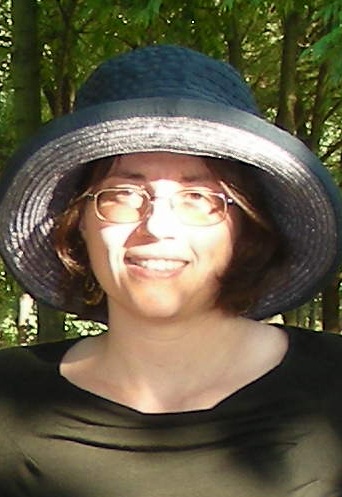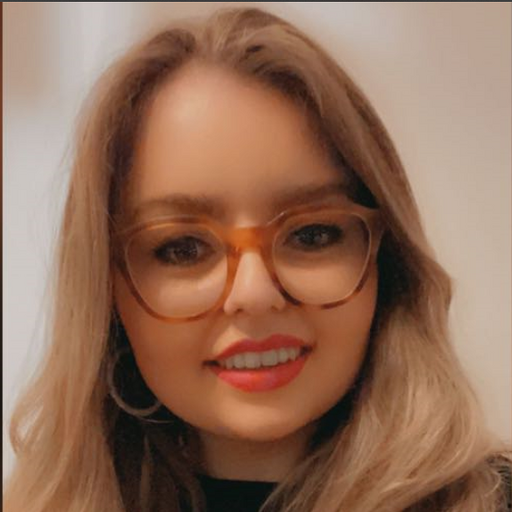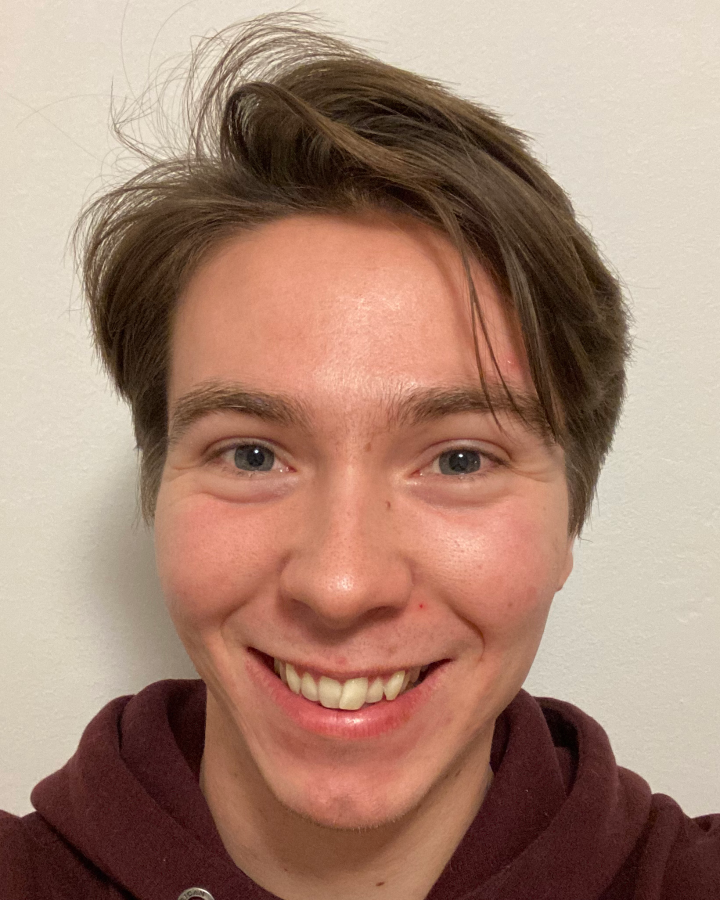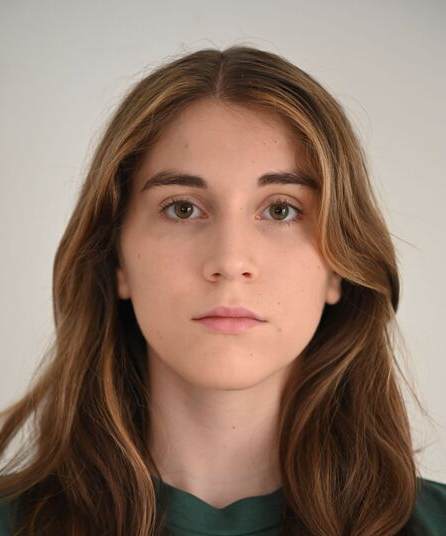Manuel Wimmer

Privatdoz. Mag.rer.soc.oec. Dr.rer.soc.oec.
Manuel Wimmer
- Email: manuel.wimmer@tuwien.ac.at
- Phone: +43-1-58801-18829
- Office: HG0219 (1040 Wien, Favoritenstrasse 11)
- About: UML, Object-oriented Modeling, Domain-specific Modeling, Metamodeling, Model Transformation, Software Engineering, Web Engineering, Model Engineering, Industrial Engineering, Automation Engineering, Multi-disciplinary Engineering
- Orcid:
- Keywords: Model Driven Engineering, Web Engineering, Model Transformation
- Roles: Affiliated
Publications
From the Heterogeneity Jungle to Systematic Benchmarking
 Manuel Wimmer
Manuel Wimmer Angelika Kusel
Angelika Kusel Werner Retschitzegger
Werner Retschitzegger Johannes Schönböck
Johannes Schönböck Wieland Schwinger
Wieland Schwinger Juergen Dingel
Juergen Dingel Arnor Solberg
Arnor SolbergKeywords:
Astract: One of the key challenges in the development of model transformations is the resolution of recurring semantic and syntactic heterogeneities. Thus, we provide a systematic classification of heterogeneities building upon a feature model that makes the interconnections between them explicit. On the basis of this classification, a set of benchmark examples was derived and used to evaluate current approaches to the specification of model transformations. We found, that approaches on the conceptual level lack expressivity whereas execution level approaches lack support for reuse. Moreover, only few of the approaches evaluated provide key features such as an automatic trace model or the ability to reuse specifications by inheritance.
Wimmer, M., Kappel, G., Kusel, A., Retschitzegger, W., Schönböck, J., & Schwinger, W. (2011). From the Heterogeneity Jungle to Systematic Benchmarking. In J. Dingel & A. Solberg (Eds.), Models in Software Engineering (pp. 150–164). Lecture Notes in Computer Science Volume 6627. https://doi.org/10.1007/978-3-642-21210-9_15
A Comparison of Rule Inheritance in Model-to-Model Transformation Languages
 Manuel Wimmer
Manuel Wimmer Angelika Kusel
Angelika Kusel Werner Retschitzegger
Werner Retschitzegger Johannes Schönböck
Johannes Schönböck Wieland Schwinger
Wieland Schwinger Dimitris Kolovos
Dimitris Kolovos Richard Paige
Richard Paige Marius Lauder
Marius Lauder Andy Schürr
Andy Schürr Dennis Wagelaar
Dennis Wagelaar
Wimmer, M., Kappel, G., Kusel, A., Retschitzegger, W., Schönböck, J., Schwinger, W., Kolovos, D., Paige, R., Lauder, M., Schürr, A., & Wagelaar, D. (2011). A Comparison of Rule Inheritance in Model-to-Model Transformation Languages. In Proceedings of the 4th International Conference on Model Transformations (ICMT 2011) (pp. 31–46). Springer. http://hdl.handle.net/20.500.12708/53651
Towards Semantics-Aware Merge Support in Optimistic Model Versioning
 Petra Kaufmann
Petra Kaufmann Uwe Egly
Uwe Egly Sebastian Gabmeyer
Sebastian Gabmeyer Martina Seidl
Martina Seidl Hans Tompits
Hans Tompits Magdalena Widl
Magdalena Widl Manuel Wimmer
Manuel Wimmer
Kaufmann, P., Egly, U., Gabmeyer, S., Kappel, G., Seidl, M., Tompits, H., Widl, M., & Wimmer, M. (2011). Towards Semantics-Aware Merge Support in Optimistic Model Versioning. In Proceedings of the Models and Evolution Workshop @ MoDELS’11 (p. 10). http://hdl.handle.net/20.500.12708/53735
Keywords:
Astract: Standardized business documents are a prerequisite for successful information exchange in electronic business transactions. The United Nations Centre for Trade Facilitation and eBusiness (UN/CEFACT) provides a conceptual modeling approach, called Core Components, used by Business Partners (BPs) for defining business document models (BDMs). These BDMs are essential for defining service interfaces in service-oriented systems. However, in such a highly dynamic environment with ever-changing market demands, BPs are confronted with the need to revise their BDMs resulting in new versions of BDMs. Furthermore, BPs may dictate the use of new versions of BDMs. However, small- and medium-sized enterprises (SMEs) may not always adopt new BDM versions due to the cost and effort involved, inhibiting electronic information exchange. In this paper, we present a framework for dealing with interoperability issues in service-oriented systems through providing BPs with Business Document Interoperability as a Service. Having such a framework at hand provides SMEs with a low-cost and light-weight approach for dealing with evolving market requirements and hence evolving business documents. Furthermore, we present a prototypical implementation as well as an evaluation of the framework proposed.
Pichler, C., Huemer, C., & Wimmer, M. (2011). Business Document Interoperability as a Service. In Proceedings of the 6th IEEE International Symposium on Service-Oriented System Engineering (pp. 1–9). http://hdl.handle.net/20.500.12708/53826
Keywords: Social networks, Reverse Engineering, Data schema, Facebook, Analyse, Twitter, LinkedIn, GooglePlus, Google+, JSON
Astract: Social networks on the Web have seen enormous growth over the past few years, leading to a truly widespread adoption. Every social network is focused on serving specific human needs. Most networkers are present in a number of different networks, which leads to scattered social content. The development of such Web-based platforms is in an early stadium, which result in short feature release cycles. The evolving data schemas and the different ways to access social data are resulting in tedious and error-prone development and maintenance processes of social applications.
In this master thesis, evolution, main characteristics and features of social networks are surveyed. Four platforms, namely Facebook, LinkedIn, Twitter and GooglePlus, are examined. Class diagrams of the data schemas, based on the official documentation, give an overview of these platforms. Each social network has its individualities of accessing the data. A widespread data authorization system is oAuth, available in two versions, which are explained in this master thesis and implemented in a social adaptor for a project called TheHiddenU, to enable an easy access to the social data. To realize this access, the information about the data schema is needed. Because of the incomplete documentation of the API, in this thesis a tool called Json2Ontology is developed for an automatic reverse engineering of the data schema offered by the social networks.
In the first step the tool uses the currently implemented REST Web services. The response of the Web service is transformed into sentences of a domain specific language of TheHiddenU (THUDSL), which represent social user profiles and enable the generation of Java classes for data access. Starting at one or more request URLs, the Json2Ontology tool analyze the Json response and search for navigation possibilities, which are represented as relationships. The goal is to extract as much information about the data structure as possible. The Json2Ontology tool has been evaluated by comparing the information of the created class diagrams with the generated data schema. The result depends on the authorized user and the amount of personal data. In case of Facebook, a real world test user has been used to find the data produced by real social interactions. The Json2Ontology tool found 79% of the classes and 80% of the attributes. Even more important are the the newly found classes (namely 7) and attributes (namely 162).
Different settings have been evaluated to find a well balanced configuration for the tool.
Munk, A. (2011). Model-based reverse engineering of social networks [Diploma Thesis, Technische Universität Wien]. reposiTUm. https://resolver.obvsg.at/urn:nbn:at:at-ubtuw:1-60570
Projects
Multi-Paradigm Modelling for Cyber-Physical Systems (MPM4CPS)
Name: MPM4CPS; Title: Multi-Paradigm Modelling for Cyber-Physical Systems (MPM4CPS); Begins On: 2014-10-01; Ends On: 2019-05-31; Context: European Cooperation in Science and Technology (COST); View Project WebsiteCOSIMO: Collaborative Configuration Systems Integration and Modeling
Name: COSIMO; Title: COSIMO: Collaborative Configuration Systems Integration and Modeling; Begins On: 2014-01-01; Ends On: 2017-05-30; Context: Vienna Business Agency (WAW); View Project WebsiteARTIST: Advanced software-based seRvice provisioning and migraTIon of legacy Software
Name: ARTIST; Title: ARTIST: Advanced software-based seRvice provisioning and migraTIon of legacy Software; Begins On: 2012-10-01; Ends On: 2015-09-30; Context: European Commission; View Project WebsiteTROPIC: A Framework for Model Transformations on Petri Nets in Color
Name: TROPIC; Title: TROPIC: A Framework for Model Transformations on Petri Nets in Color; Begins On: 2009-03-01; Ends On: 2012-08-31; Context: Austrian Science Fund (FWF); View Project WebsiteAMOR: Adaptable Model Versioning
Name: AMOR; Title: AMOR: Adaptable Model Versioning; Begins On: 2009-02-01; Ends On: 2011-09-30; Context: SparxSystems Software GmbH; View Project WebsiteTeam
Business Informatics Group, TU Wien
Professors
Christian Huemer
Ao.Univ.Prof. Mag.rer.soc.oec.Dr.rer.soc.oec.
Dominik Bork
Associate Prof. Dipl.-Wirtsch.Inf.Univ.Dr.rer.pol.
Gerti Kappel
O.Univ.Prof.in Dipl.-Ing.inMag.a Dr.in techn.
Henderik Proper
Univ.Prof. PhDResearchers
Aleksandar Gavric
Univ.Ass. MEng. B.Eng.
Galina Paskaleva
Projektass.in Dipl.-Ing.inDipl.-Ing.in BSc

Marianne Schnellmann
Univ.Ass.in BSc MScMarion Murzek
Senior Lecturer Mag.a rer.soc.oec.Dr.in rer.soc.oec.
Marion Scholz
Senior Lecturer Dipl.-Ing.inMag.a rer.soc.oec.
Miki Zehetner
Univ.Ass. DI Bakk.rer.soc.oec. MScSyed Juned Ali
Univ.Ass. BSc MScStudent-Staff

Florian Fankhauser
Projektass. Dipl.-Ing.Julia Smejkal
BSc






